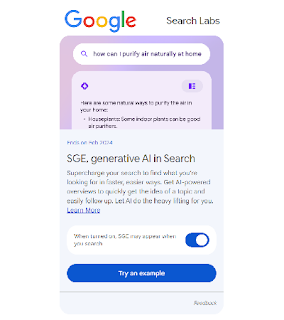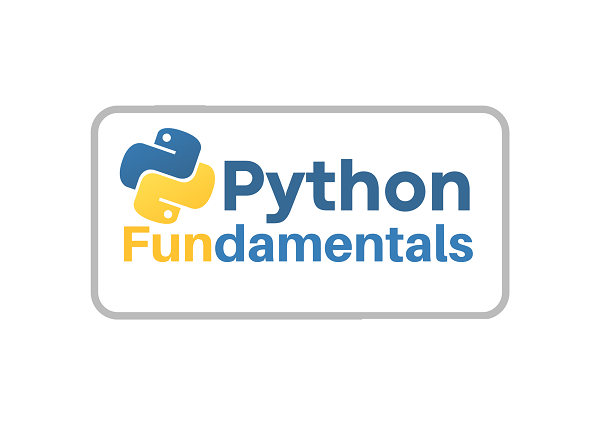Revolutionizing Medical Education with ChatGPT: Advantages and Limitations
Discover how ChatGPT is transforming medical education with its advanced AI capabilities. Learn about the advantages and limitations of using ChatGPT for medical education.
The use of artificial intelligence (AI) in the field of medical education has been gaining momentum in recent years. One of the most promising applications of AI in medical education is the development of ChatGPT, an AI-based chatbot that can interact with medical students and provide them with valuable insights and knowledge.
In this article, we will explore the advantages and limitations of
ChatGPT in revolutionizing medical education.
Medical education has always been a challenging and complex field that requires students to learn and memorize a vast amount of information. Traditional methods of teaching, such as lectures and textbooks, can be overwhelming and often fail to engage students. To address these challenges, AI-based solutions such as ChatGPT have emerged, providing a new approach to medical education.
Advantages
of ChatGPT in Medical Education
1. Personalized
Learning
One of the
main advantages of ChatGPT in medical education is its ability to provide
personalized learning experiences to students. By analyzing a student's
performance and understanding their strengths and weaknesses, ChatGPT can
customize the learning process to cater to the student's specific needs. This
can help students learn at their own pace and increase their chances of
success.
2. Instant
Feedback
Another benefit
of using ChatGPT in medical education is the ability to provide instant
feedback to learners. In traditional methods of education, learners may have to
wait days or weeks to receive feedback on their performance. With ChatGPT,
learners can receive immediate feedback on their answers and responses,
allowing them to quickly identify areas where they need improvement.
ChatGPT
can also provide personalized feedback based on a learner's specific strengths
and weaknesses. By analyzing a learner's responses and performance, ChatGPT can
provide tailored feedback that is targeted towards the learner's individual needs.
3. Accessible
Learning
One of the
biggest advantages of using ChatGPT in medical education is the ability to make
learning more accessible. ChatGPT can be accessed from anywhere with an
internet connection, allowing learners to study and learn at their own pace and
on their own schedule.
This is particularly beneficial for learners who may have difficulty accessing traditional educational resources, such as those in rural or remote areas. ChatGPT can also provide support to learners who have physical or learning disabilities, making education more inclusive and accessible.
Limitations of ChatGPT in
Medical Education
While
ChatGPT offers numerous benefits for medical education, there are also
limitations to its use. One major limitation is the potential for errors in the
data and information provided by ChatGPT.
As with
any AI technology, ChatGPT relies on algorithms and machine learning to process
and analyze data. This means that the accuracy of the information provided by
ChatGPT is only as good as the data that is fed into it. Inaccurate or biased
data can lead to errors in the information provided by ChatGPT, which can have
serious consequences in medical education.
Another
limitation of ChatGPT is its inability to provide hands-on training and
experience. While ChatGPT can provide theoretical knowledge and information, it
cannot replicate the practical experience and skills gained through hands-on
training and real-world experience.
Here are
some limitations of ChatGPT in medical education:
1. Limited
domain knowledge: ChatGPT is a language model trained on a massive amount of text
data and may not have a deep understanding of specific medical topics.
2. Lack of
empathy: Chatbots lack the human touch and empathy that is necessary in medical
education. ChatGPT's responses may not be tailored to the emotional state or
needs of the learner.
3. Limited
interactivity: Chatbots are limited to text-based interactions and may not be
able to provide the same level of interactivity and engagement as human
instructors.
4. Inability
to handle complex questions: ChatGPT may not be able to handle complex
questions or provide detailed explanations, which are crucial in medical
education.
5. Dependence
on quality of data: The accuracy and relevance of ChatGPT's responses are
dependent on the quality of the data it has been trained on. If the data is
biased or incomplete, it can affect the accuracy of the responses.
6. Dependence
on language proficiency: ChatGPT relies on natural language processing, which
means that learners who have poor language skills may struggle to communicate
effectively with the chatbot.
7. Risk of
errors and biases: Like all AI systems, ChatGPT is prone to errors and biases,
which can affect the accuracy of the responses and the quality of the learning
experience.
8. Lack of
personalization: Chatbots are limited in their ability to personalize the
learning experience to each individual learner's needs, preferences, and
learning style.
9. Limited
feedback: ChatGPT's responses may not provide detailed feedback on the
learner's performance, which is essential for effective learning and
improvement.
10. Dependence on technology: The effectiveness of ChatGPT is dependent on the availability and reliability of technology, such as internet connectivity and devices, which can be a limitation in some settings.
Future of ChatGPT in
Medical Education
Despite
its limitations, ChatGPT has the potential to revolutionize medical education
and improve the quality of healthcare around the world. As AI technology
continues to advance, ChatGPT will likely become more sophisticated and better
able to provide accurate and reliable information.
In the
future, ChatGPT may be integrated into virtual reality simulations and other
technologies that can provide more immersive and hands-on training experiences.
This would allow learners to gain practical experience and skills in a safe and
controlled environment, further enhancing the value and effectiveness of
ChatGPT in medical education.
Conclusion:
Overall,
ChatGPT offers numerous advantages for medical education, including
personalized learning, instant feedback, and accessibility. While there are
limitations to its use, ChatGPT has the potential to transform the way medical
education is delivered and to improve the quality of healthcare worldwide.




Comments
Post a Comment